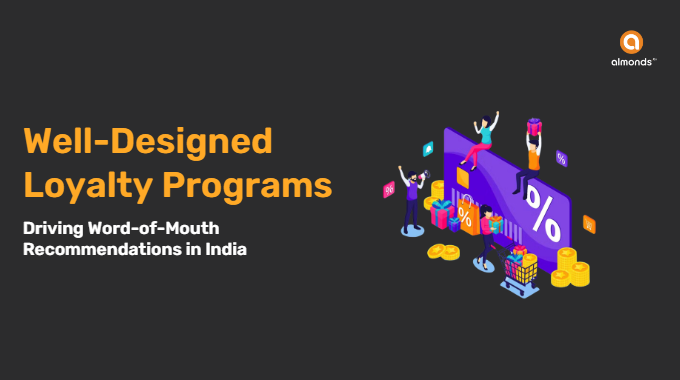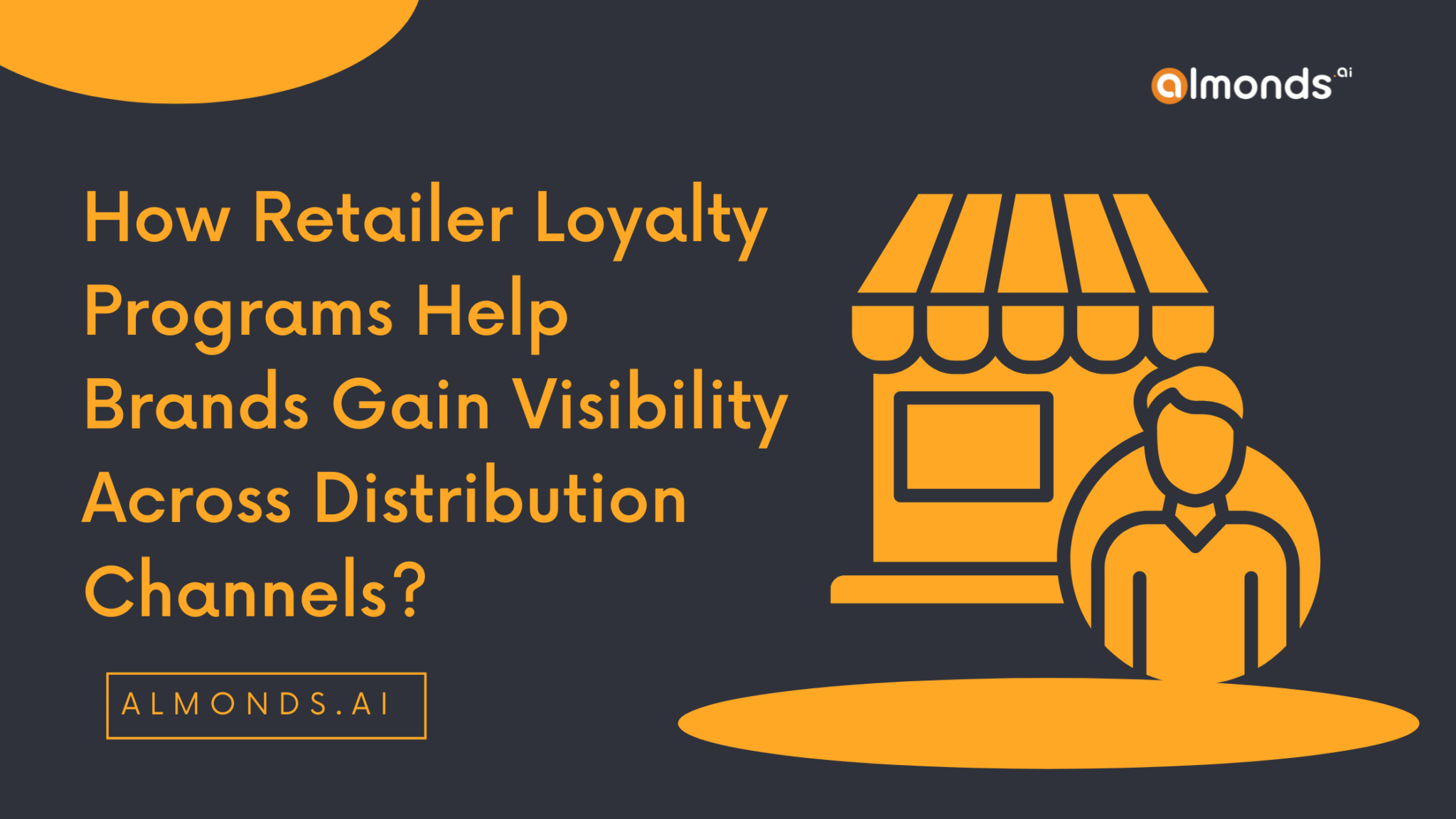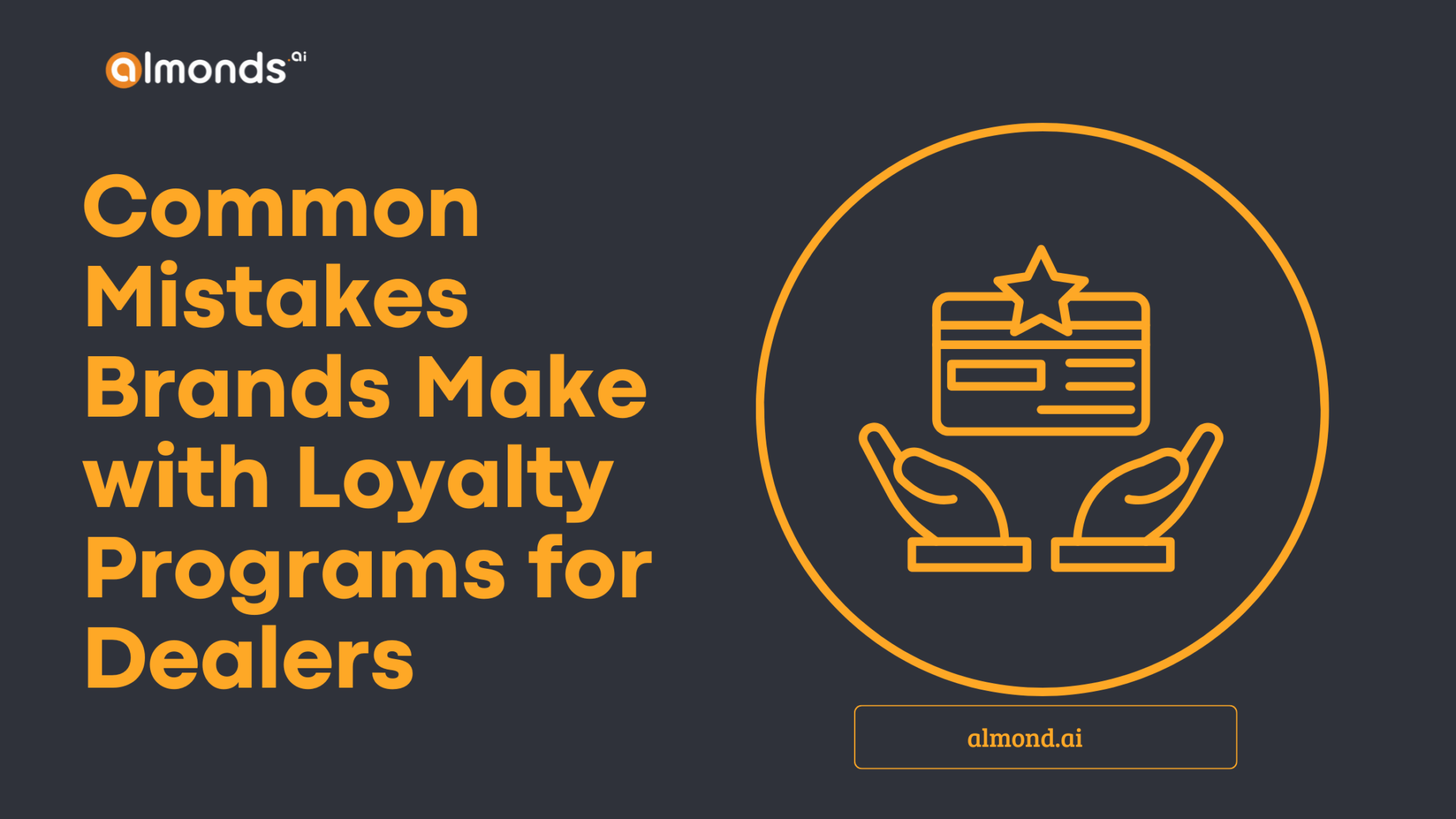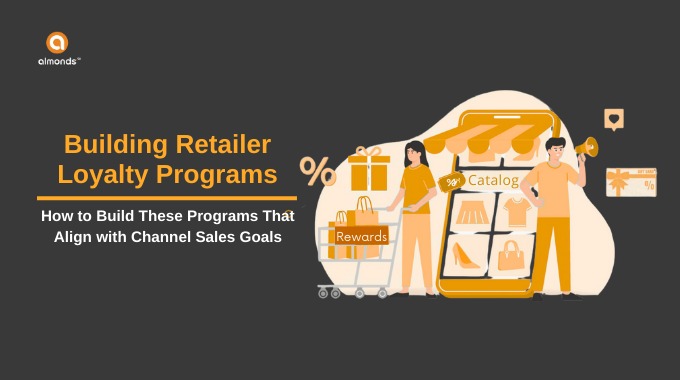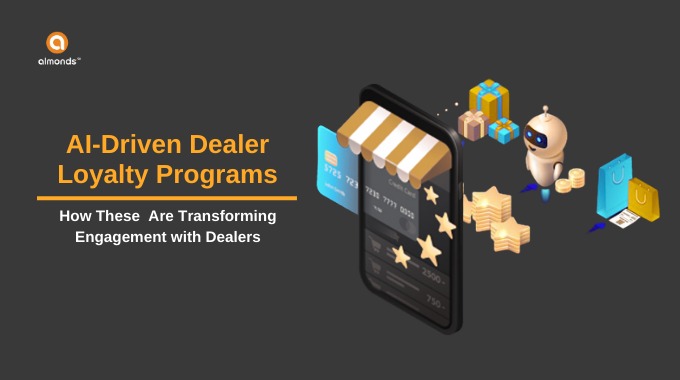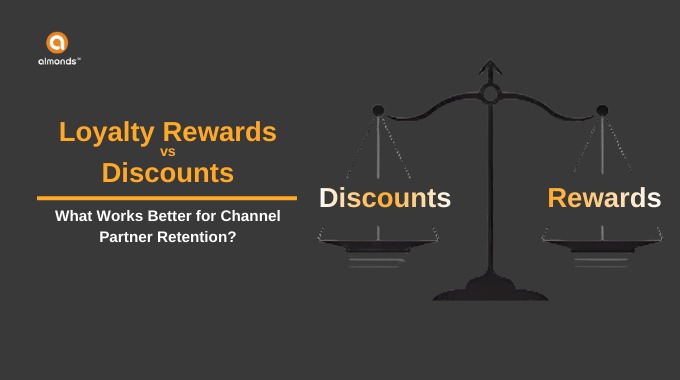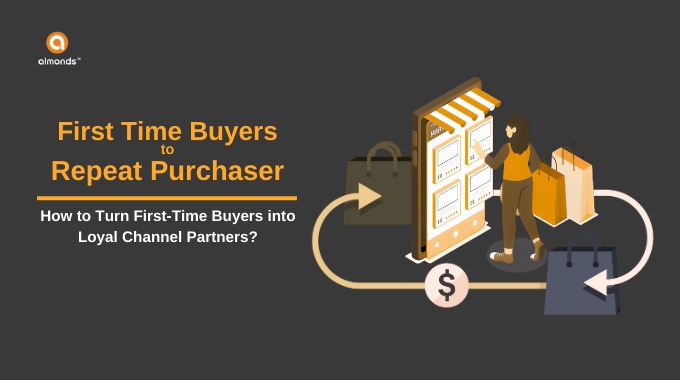In today’s competitive market, B2B loyalty programs have become critical tools for businesses to retain customers and turn them into brand advocates. A well-designed loyalty program does more than reward customers; it creates a positive experience that encourages word-of-mouth recommendations.
This is especially true in India, where personal recommendations carry significant weight in consumer decision-making. In this blog, we’ll explore how effective loyalty programs can drive word-of-mouth marketing, why personalization is key, and how businesses can optimize their loyalty strategies to build lasting customer relationships.
The Power of Word-of-Mouth in Loyalty Programs
A recent study by Bond and Visa revealed that four out of five consumers are more likely to recommend brands with good loyalty programs. This finding highlights the importance of customer engagement in driving organic growth through word-of-mouth recommendations.
In India, where trust and personal relationships play a crucial role in consumer behavior, a well-executed loyalty program can significantly enhance a brand’s reputation and visibility.
Word-of-mouth marketing is one of the most effective forms of promotion because it comes from trusted sources—friends, family, or colleagues. When a customer recommends a brand, they are essentially endorsing it, which carries far more influence than traditional advertising.
Brands that invest in B2B loyalty rewards platforms can harness this power by creating positive experiences that customers are eager to share with others.
The Importance of Personalization
Despite the benefits of loyalty programs, the study also found that personalization is often lacking. Only one in five U.S. loyalty program members feel truly recognized and valued, a trend that could easily be mirrored in India if not addressed.
Loyalty program platforms in India must prioritize personalization to ensure that customers feel special and appreciated. This can be achieved through targeted rewards, personalized offers, and relevant communications that resonate with individual preferences.
Personalization goes beyond just using a customer’s name in an email. It involves understanding their purchasing behavior, preferences, and needs to tailor the loyalty program experience accordingly.
For example, B2B customer engagement platforms can segment customers based on their purchasing history and offer rewards that align with their interests. This level of personalization makes customers feel valued and increases their likelihood of recommending the brand to others.
Leveraging Data for Effective Loyalty Programs
To maximize the impact of loyalty programs, businesses must leverage customer data to create more personalized and effective experiences. According to Brad Jashinsky, director analyst at Gartner, using customer profiles and data insights is essential for designing loyalty programs that meet the needs and expectations of customers.
In India, where consumer preferences are diverse and rapidly changing, businesses must continuously monitor and analyze customer data to keep their loyalty programs relevant and effective.
By dividing loyalty members into segments and personas, businesses can better understand how customers view the brand and what drives their loyalty.
This approach allows for more targeted communication and rewards, ensuring that the loyalty program resonates with different customer segments. For example, a B2B loyalty program might identify a segment of high-value customers who prefer exclusive experiences over discounts.
The program can then offer these customers personalized invitations to special events, thereby increasing their engagement and satisfaction.
Continuous Improvement: The Key to Long-Term Success
A common mistake in loyalty program management is assuming that once a program is designed, it can remain static. However, as Jashinsky points out, great loyalty programs are never static—they must continuously evolve based on customer feedback and changing market conditions.
In India, where consumer expectations are rapidly evolving, businesses must be agile in adapting their loyalty programs to meet these changes.
Regularly monitoring the voice of customer and updating loyalty programs accordingly is crucial for maintaining customer engagement.
Businesses should also consider implementing journey mapping to understand how customers interact with the brand throughout their loyalty program experience. By partnering with sales, IT, and other departments, businesses can gain a holistic view of customer behavior and ensure that the loyalty program delivers the right message at the right time.
Conclusion
Loyalty programs are a powerful tool for driving word-of-mouth recommendations and increasing customer spending. In India, where personal recommendations are highly valued, businesses must focus on creating loyalty programs that not only reward customers but also make them feel recognized and valued.
By prioritizing personalization, leveraging data insights, and continuously improving their programs, brands can build strong, lasting relationships with their customers and turn them into loyal advocates.
Learn how Almonds Ai can help your business design and implement a successful loyalty program that drives word-of-mouth recommendations and enhances customer engagement. Book a demo today to explore our comprehensive solutions.
